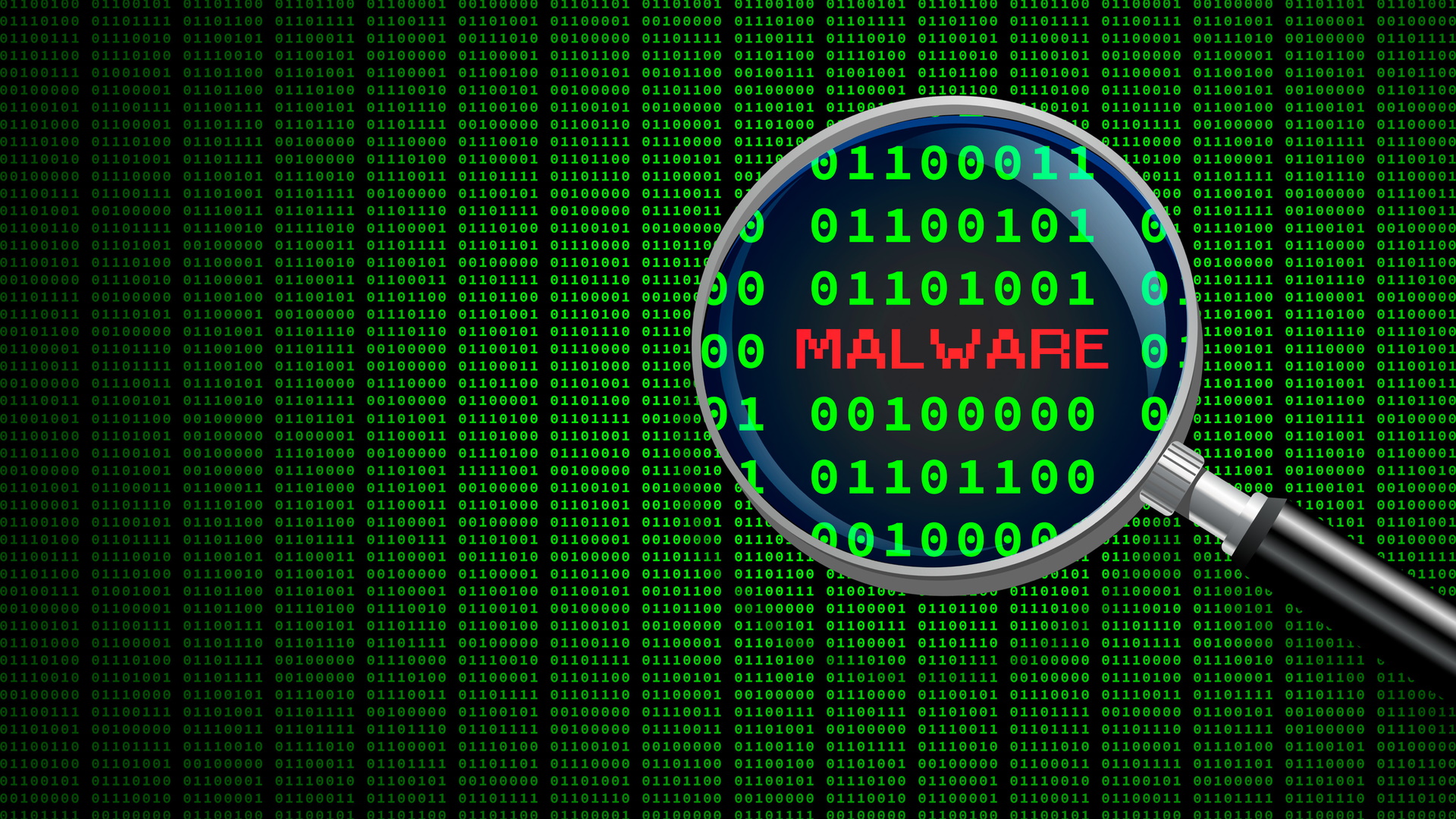
- Criminals are reaching out to victims, offering to help with a "problem"
- To fix the issue, they request AnyDesk access
- If they get it, they drop the DarkGate malware and steal sensitive data
Cybercriminals are combining Microsoft Teams and AnyDesk to try and install a dangerous piece of malware on their target’s devices, experts have warned.
A report from Trend Micro, which claims to have recently observed one such attack in the wild, notes how the attackers would first send thousands of spam emails to their targets, and then reach out via Microsoft Teams, impersonating an employee of an external supplier.
Offering help with the problem, the attackers would instruct the victim to install a Microsoft Remote Support application. If that failed, they would try the same with AnyDesk. If successful, the attackers would use the access to deliver multiple payloads, including a piece of malware called DarkGate.
Abusing legitimate tools
DarkGate is a highly versatile malware that can act as a backdoor on infected systems, allowing attackers to execute commands remotely. It can install additional payloads, and exfiltrate sensitive data without being detected. Data of high value includes login credentials, personally identifiable information, or data on clients, customers, and business partners.
One of its notable features is its modular design, allowing attackers to modify the malware’s functionality. So, in one scenario it can act as an infostealer, and in another, as a dropper.
The attack was blocked before doing any meaningful damage, but the researchers used it as an opportunity to warn businesses of the constant threat that lurks on the internet.
Organizations need to train their employees to spot phishing and social engineering attacks, deploy multi-factor authentication (MFA) wherever possible, and put as much of their infrastructure behind a VPN as possible. Furthermore, they should keep both software and hardware up to date, and keep in mind end-of-life dates for critical equipment.
Ultimately, they should use common sense and not fall for obvious scam attempts that are running rampant on the internet.
Via The Hacker News
You might also like
- Hundreds of fake AnyDesk sites push Vidar info-stealing malware
- Here's a list of the best antivirus
- These are the best endpoint protection tools right now







